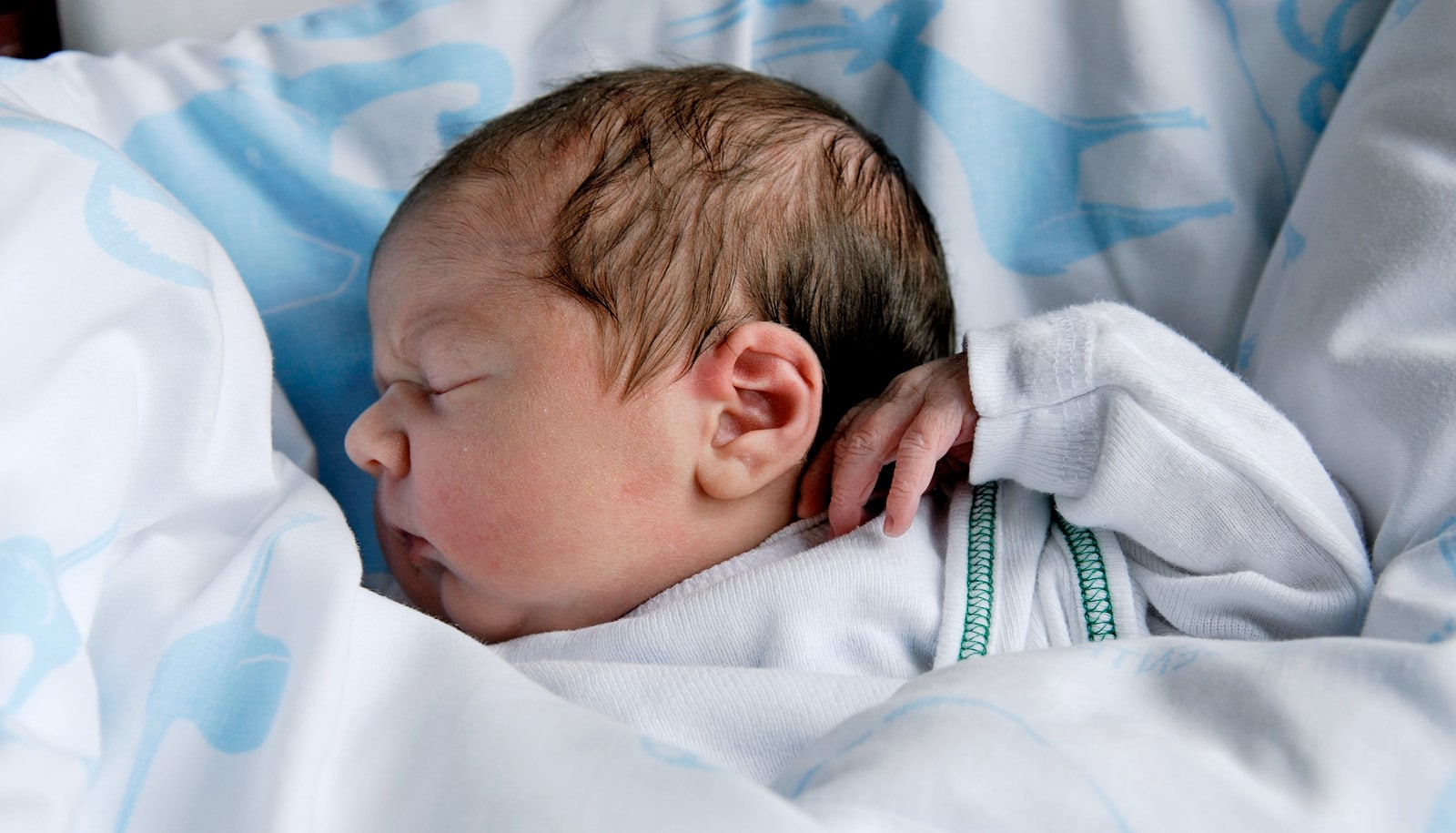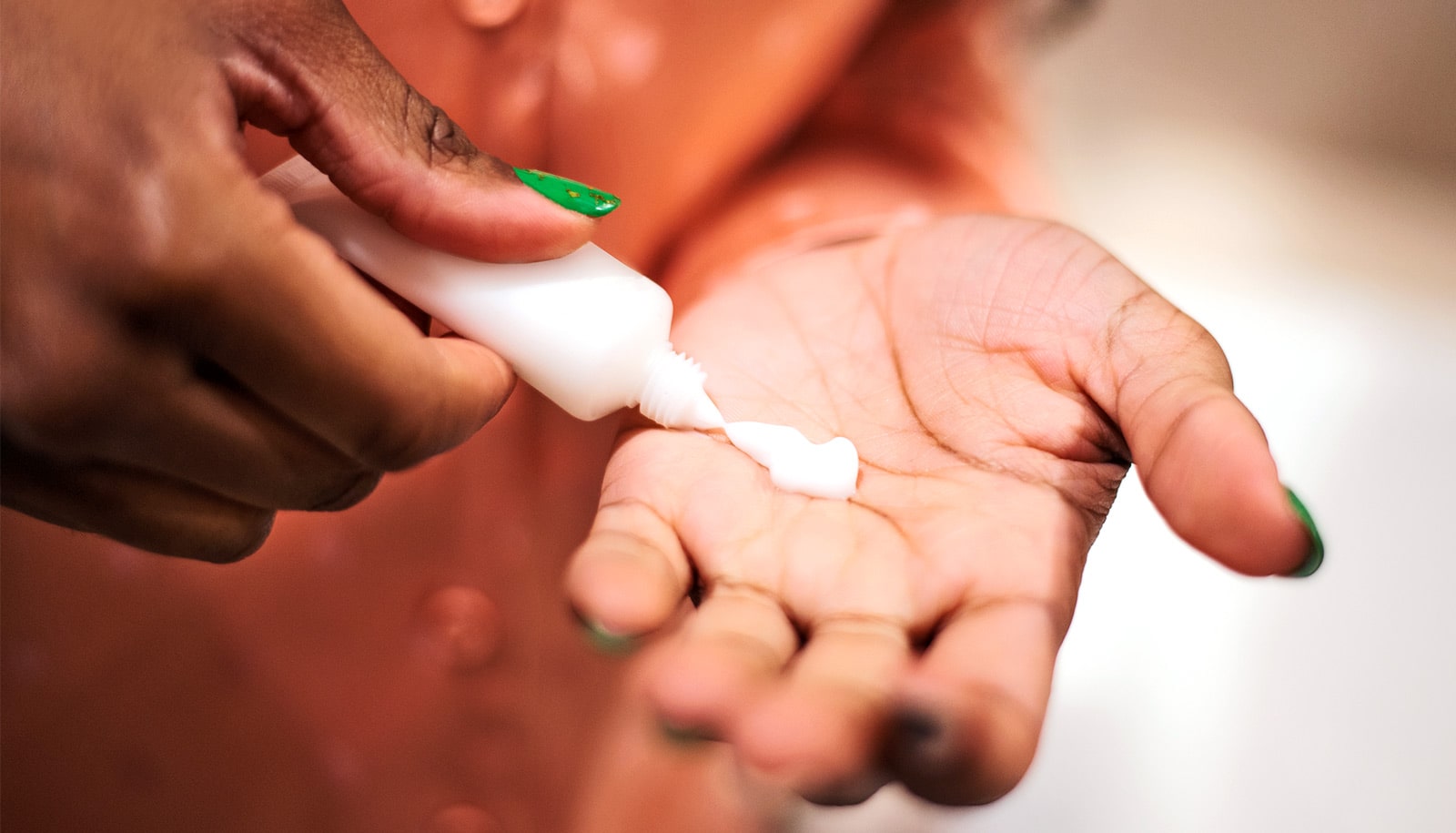Scientists are challenging the theory that cells in the brain’s immune system are the culprit behind the neurological damage that occurs in babies exposed to alcohol while in the womb.
“In order to develop treatments for this condition, we must first understand how alcohol affects the developing brain,” says Ania Majewska, an associate professor of neuroscience at the University of Rochester Medical Center.
“While the hypothesis that dysfunctional immune cells play a role in fetal alcohol syndrome is logical and enticing, it appears that this idea may be a scientific dead end.”
Exposure to alcohol in the womb can lead to fetal alcohol spectrum disorders (FASD), a condition that causes lifelong physical and cognitive impairments, and for which there is no available treatment.
The symptoms of FASD can range from poor impulse control and attention, learning disabilities, compromised fine motor skills, and delays in the ability of the brain to process visual and auditory information. About one out of every 100 babies born in the United States receives an FASD diagnosis.
Scientists have long struggled to understand the biological mechanisms by which prenatal exposure to alcohol causes neurological damage. One theory that has emerged in recent years is that microglia may play a role in FASD.
“This…suggests that microglia may not be the best therapeutic target for treatment of FASD.”
While microglia have long been recognized as the foot soldiers of the brain’s immune system, seeking out and destroying infections and tidying up damaged cell tissue, scientists are now beginning to appreciate the other important functions the cells perform. For example, Majewska and her colleagues have shown that microglia play a critical role in learning and memory by helping maintain and rewire the connections between networks of neurons.
Because microglia are constantly monitoring the environment in the brain and become mobilized when they detect infection, injury, or other toxic elements, scientists have speculated that alcohol may be activating these cells and causing them to either abandon their role nurturing the connections between neurons or possibly even mistakenly attacking neurons they perceive as injured.
To test this theory, the researchers exposed mice to alcohol early in development. Using a wide array of techniques, including genetic markers and an advanced imaging technology called two-photon microscopy, the scientists were able to observe the activity of the microglia in the brains of these mice and compare them to those of healthy animals. They found that there was no difference in the activity of the microglia between the two groups.
Drug combo could repair fetal alcohol damage
“While this work does not prove that microglia do not respond to alcohol in different brain areas or in different contexts of exposure, it does call into question a long-standing theory and shows that, in some cases at least, alcohol can elicit cognitive dysfunction without engaging microglia,” says Elissa Wong, a graduate student in Majewska’s lab and first author of the study in Brain Behavior and Immunity.
“This in turn suggests that microglia may not be the best therapeutic target for treatment of FASD.”
The National Eye Institute, the National Institute on Alcohol Abuse and Alcoholism, and the National Institute of Environmental Health Sciences funded the work.
Source: University of Rochester



